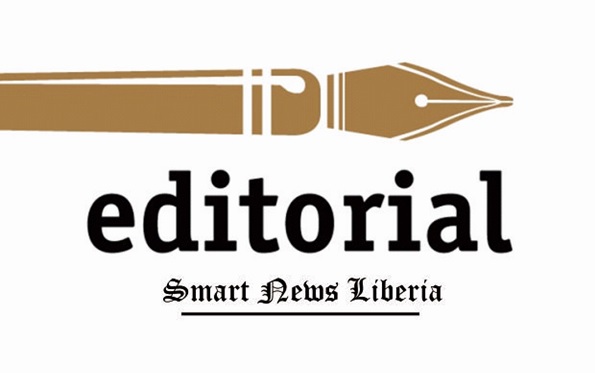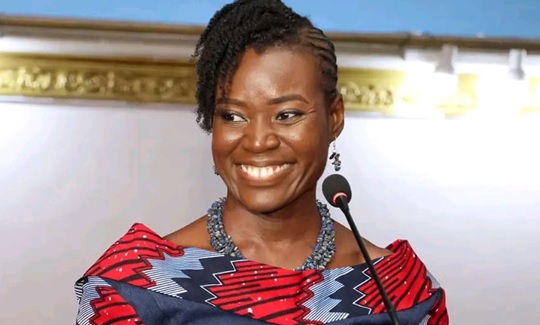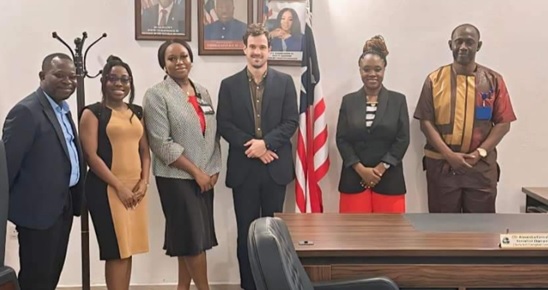As Liberia celebrated its 177th Independence Day on July 26, 2024, Dr. Robtel Neajai Pailey delivered a poignant and provocative address that echoed through the corridors of power and resonated deeply with citizens yearning for true sovereignty. Her remarks directed towards the United States government were both a critique and a clarion call, urging Liberia to reassess and redefine its international relationships and national identity.
Dr. Pailey’s statement, “I remain very concerned about the outsized influence of the United States in our transitional justice process,” serves as a stark reminder of the complexities embedded in Liberia’s historical ties with the United States. She challenged the pervasive notion of a “special relationship” between the two nations, describing it as a figment of collective imagination rather than a reality grounded in mutual respect and benefit. Her assertion that “the United States was one of the last countries to recognize our independence” and that it “has taken more from us than it has given” underscores a need for Liberia to forge new strategic partnerships that do not hinge on the vestiges of colonialism.
Dr. Pailey’s vision for a reimagined Liberia is bold and transformative. She advocates for a Liberia free from “colonial relations of power” and “colonial artefacts that cripple us.” This entails revising national symbols that currently reflect a colonial legacy rather than the “cultural breadth and historical depth” of Liberia’s shared experiences. She questions why the national motto on Liberia’s seal is not “the love of liberty united us here,” as recommended by the Truth and Reconciliation Commission’s final report. The critique extends to the politically charged terminology of national honors and even the name of the capital, Monrovia, suggesting these symbols need to reflect a decolonized and inclusive national identity.
Dr. Pailey’s call to action includes the formation of a committee comprising Liberian scholars, local government officials, cultural experts, and visual artists to devise new national symbols. This collaborative effort would culminate in a referendum, ensuring that the new symbols are democratically chosen and truly representative of the Liberian people’s aspirations.
Her address is not merely about changing symbols; it is about redefining what it means to be Liberian. By refashioning the flag, seal, national anthem, and national awards, Liberia can build a cohesive national identity that celebrates its unique heritage and future potential. Dr. Pailey’s vision is a powerful reminder that true independence is not just the absence of colonial rule but the presence of a self-determined, inclusive, and proud national identity.
As Liberia moves forward, embracing Dr. Pailey’s vision could be the key to unlocking a future where the nation is not seen as anyone’s “stepchild” but as a sovereign entity that stands tall on the world stage, free from the shadows of its colonial past. It is a call for Liberians to take ownership of their narrative and to build a nation that truly reflects their collective dreams and values.







